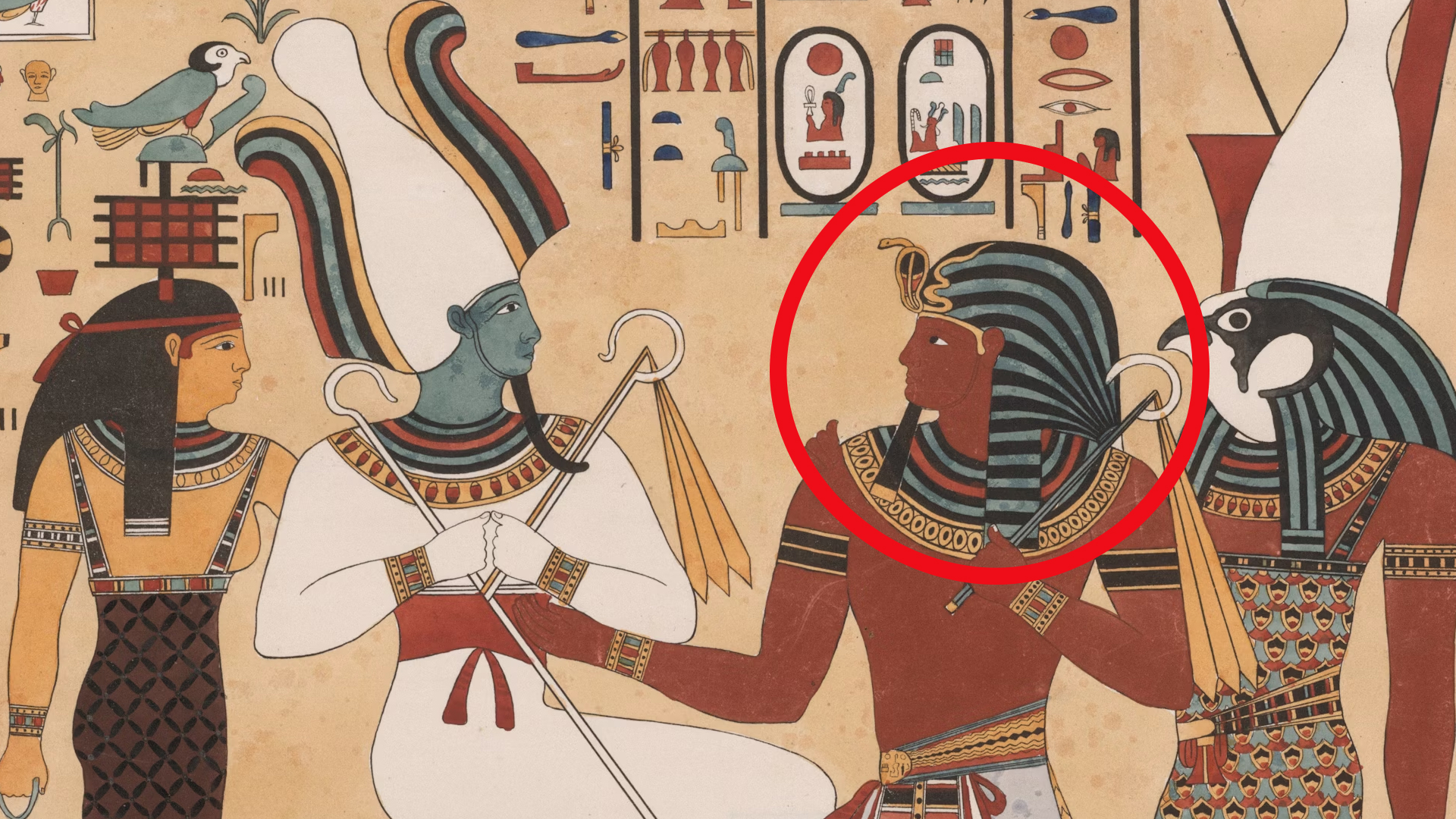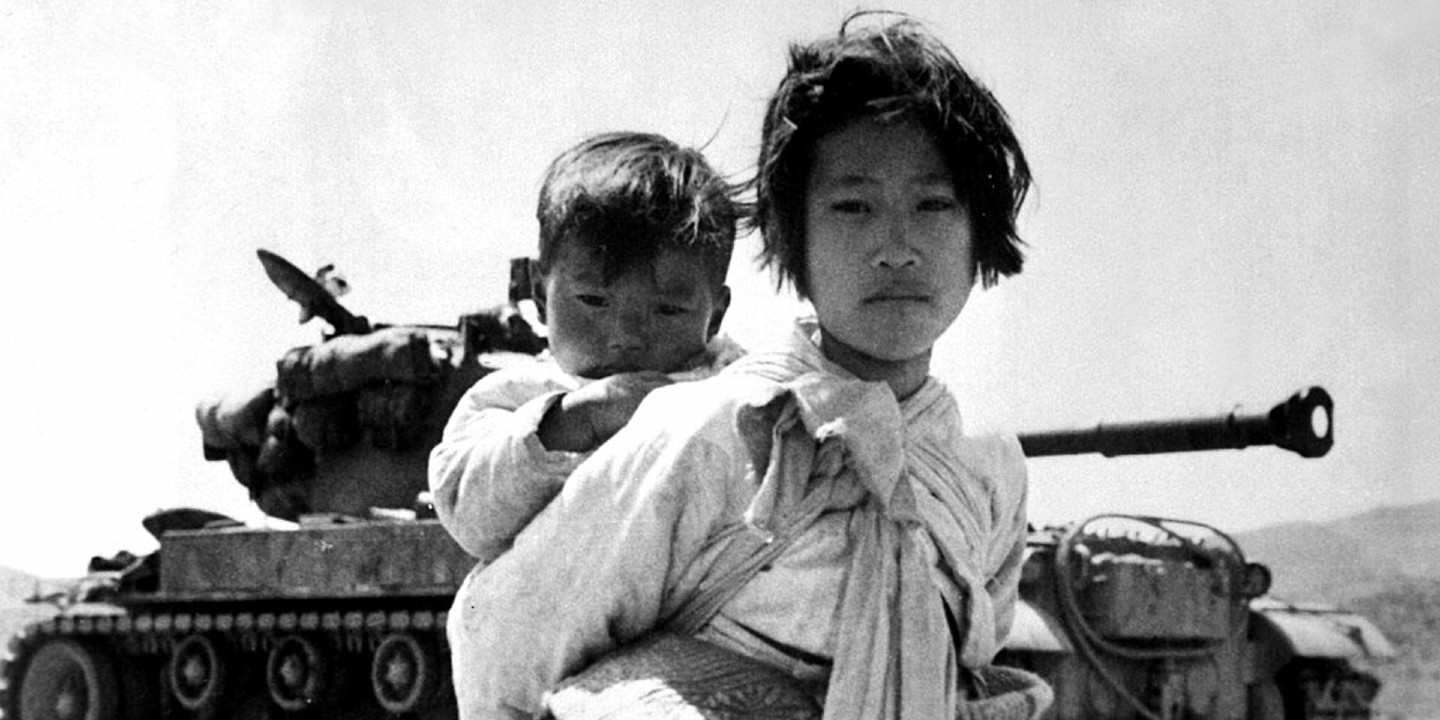Creepy Corners Of Japan
Long before television or ghost movies, fear lived in the everyday. It was in the sound of something scraping across a wooden floor when no one else was home, or in a second glance at a face that no longer looked quite human. Japan’s older folklore didn’t rely on spectacle. These were stories whispered in the dark, wrapped in ritual, loss, or revenge. Here are 20 that still carry a quiet, haunting weight.
 Brigham Young University on Wikimedia
Brigham Young University on Wikimedia
1. Teke-Teke
Said to be the spirit of a girl severed by a train, she drags her torso with chilling persistence. Her name mimics the scraping sound she makes while crawling near bathrooms or train stations. Those places are where she’s known to terrorize her victims.
2. Kuchisake-Onna
In the legend of Kuchisake-onna, a simple question can be deadly. A woman with a grotesque slit across her face asks if she’s beautiful. An incorrect answer leads to a scissors attack. Her origins trace back to Edo-period folklore.
3. Enenra
Enenra is a yokai formed of dark smoke, said to rise from bonfires according to Edo-period texts like Konjaku Hyakki Shūi (1781). Though often seen in humanoid shape, it remains insubstantial and drifting. Only those pure of heart can perceive its form.
 Enenra - The Spirit of Smoke - Japanese Folklore by See U in History / Mythology
Enenra - The Spirit of Smoke - Japanese Folklore by See U in History / Mythology
4. Aka Manto
School bathrooms become death traps in the tale of Aka Manto. This red-cloaked ghost offers a seemingly simple choice: red or blue paper. Both options end in demise. The only reported escape lies in refusing to answer or choosing neither.
5. Yuki-Onna
In mountainous regions, travelers speak of Yuki-onna, the snow woman who appears during blizzards dressed in white. Sometimes merciful to the innocent, she’s mostly known for freezing victims with her presence alone. First recorded during the Muromachi period, her legend persists through the centuries.
 File Upload Bot (Magnus Manske) on Wikimedia
File Upload Bot (Magnus Manske) on Wikimedia
6. Ubume
Ubume is the ghost of a woman who died during childbirth. Deeply rooted in Buddhist folklore, she is often seen weeping or soaked in blood. In several versions, she offers her baby to strangers, only for it to become impossibly heavy or even turn into stone.
7. Rokurokubi
By day, Rokurokubi appears to be an ordinary woman. By night, her neck stretches unnaturally long, slithering across rooms, spying, or licking lamp oil. The duality of her existence creates a layered horror: one that questions identity and the hidden side of those we think we know.
8. Yamamba
Deep in the mountains, tales speak of Yamamba: the mountain witch. She devours lost travelers. At times, she disguises herself as a harmless old woman. In some stories, she even nurtures the child-hero Kintarō. Associated with caves and overgrown paths, Yamamba straddles the line between menace and mother.
 Brigham Young University on Wikimedia
Brigham Young University on Wikimedia
9. Tōfu-Kozō
Tōfu-Kozō is a childlike spirit often spotted during rainy nights, quietly carrying a plate of tofu. The tofu itself is deceptively harmless; those who eat it may fall ill. Sometimes seen with umbrellas, this yokai rarely causes direct harm.
10. Noppera-Bō
You greet someone on a quiet path, only to watch their face vanish before your eyes. That’s the core of the Noppera-bō legend: a faceless ghost who appears human until a second glance reveals blank skin. Though it causes no physical harm, the Noppera-bō thrives on fear and confusion.
 Fred Cherrygarden on Wikimedia
Fred Cherrygarden on Wikimedia
11. Jorōgumo
She waits in places no one lingers and appears as a graceful woman. But Jorōgumo is anything but harmless. A yokai born from spider lore, her name means “binding bride.” The illusion ends when her victims are snared in silk.
 Kotengu~commonswiki on Wikimedia
Kotengu~commonswiki on Wikimedia
12. Iso-Onna
Along jagged coastal cliffs, fishermen once feared the Iso-onna. That’s a ghostly woman who emerged from the spray with beauty and intent. Her weapon was her hair, long enough to coil and kill. She was known to leap aboard fishing boats from high rocks.
 Iso-onna: A Tragic Tale of Japan’s Sea Spirit Yokai by Ukiyo Chronicles
Iso-onna: A Tragic Tale of Japan’s Sea Spirit Yokai by Ukiyo Chronicles
13. Akaname
Its name translates literally to “filth licker,” a demon said to emerge in dirty spaces and drag its tongue across damp walls and tubs. Appearing in Edo-period scrolls, it served a strange purpose: to shame the unclean. Though not malicious, its grotesque appearance still unsettles.
 Kotengu~commonswiki on Wikimedia
Kotengu~commonswiki on Wikimedia
14. Hone-Onna
A woman stands alone ethereally and lovely, until her bones show through her skin. This is the Hone-onna, a skeleton yokai from Ugetsu Monogatari, a ghost tale written in 1776. She seduces living men and slowly drains their life, all while appearing beautiful by moonlight.
 HONE ONNA Animated Horror Story | Japanese Urban Legend Animation by Merrily Horror Animations
HONE ONNA Animated Horror Story | Japanese Urban Legend Animation by Merrily Horror Animations
15. Shirime
Shirime is a spirit with an eye placed where no eye should be: where the sun don't shine. Descriptions of it date back to 18th-century Edo anecdotes. The creature famously startled a wandering samurai simply by turning around. Despite its absurdity, it causes no harm, relying entirely on shock.
16. Nurarihyon
He slips into homes without a sound and acts like he belongs. Nurarihyon, an elderly-looking figure with a gourd-shaped head, represents an intruder who behaves like the master. Though seemingly harmless, his presence is disruptive. Over time, he gained a reputation as a yokai leader.
17. Oni
Massive and often red or blue, Oni are Japan’s archetypal demons. Wielding iron clubs and dwelling in hellish mountains, they have brute force and retribution. They appear in folklore as punishers of evil or chaos-bringers. During the Setsubun festival, beans are thrown to drive them away.
18. Mokumokuren
This “many-eyes” spirit hides in the worn paper of shoji screens. One glance at the torn paper, and dozens of eyes blink back. This entity traces to Tsukumogami lore, where objects gain spirits after long use. Repairing the paper may offer temporary relief, but the eyes often return.
19. Futakuchi-Onna
A woman eats little, yet food disappears. Hidden beneath her hair lies a second mouth: biting and demanding to be fed. Futakuchi-onna often appears in stories of greed or deprivation, born from extreme stinginess or unnatural restraint. Her hair may move like limbs, lifting food into the hungry maw.
20. Uwan
Sometimes, the scariest part is not what’s seen, but what’s heard. Uwan is a disembodied voice, known for yelling its own name—“Uwan!”—in haunted buildings or temple ruins. Found in the 18th-century yokai scroll Hyakkai Zukan, this spirit may guard sacred or cursed grounds.
KEEP ON READING

The Mysterious "Sea People" Who Collapsed Civilization
3,200 years ago, Bronze Age civilization in the Mediterranean suddenly…
By Robbie Woods Mar 18, 2025
The Turning Point: 20 Facts About The Battle of Normandy
Normandy Changed The Game. The Battle of Normandy marked a…
By Chase Wexler Jun 4, 2025
20 Important Names From World War II You Should Know
Key Players From World War II (For Good or Bad).…
By Cathy Liu Nov 7, 2024
The Musical Prodigy: 10 Fascinating Facts About Mozart & 10…
Secrets Behind the Symphony. Wolfgang Amadeus Mozart remains one of…
By Chase Wexler May 5, 2025
20 Ancient Architectural Wonders That Will Boggle Your Mind
Ancient Marvels That Have Withstood the Test of Time. From…
By Christy Chan Feb 12, 2025
Everything You Need To Know About The Korean War
It Shaped More Than Just A Country. The Korean War…
By Emilie Richardson-Dupuis Nov 8, 2024












